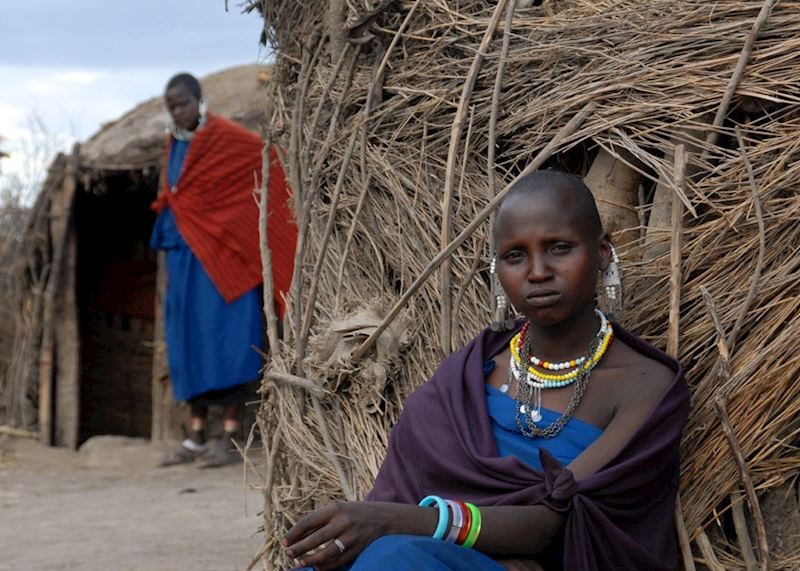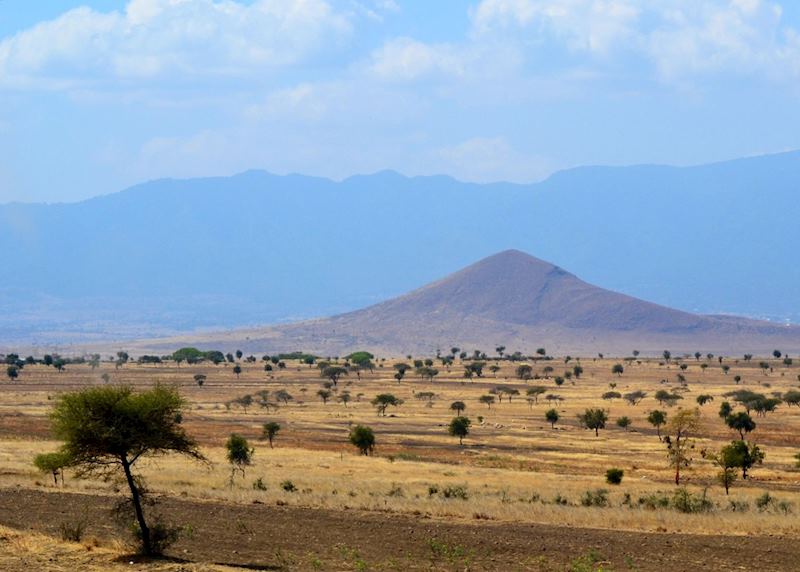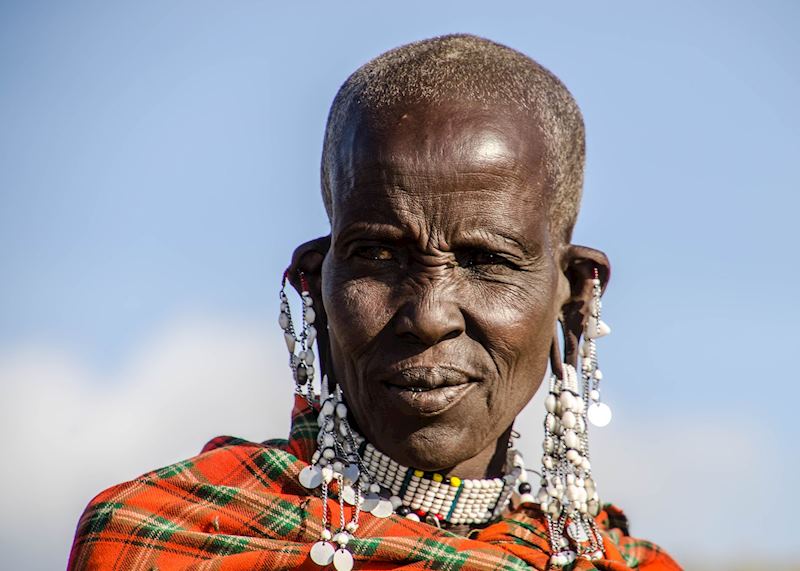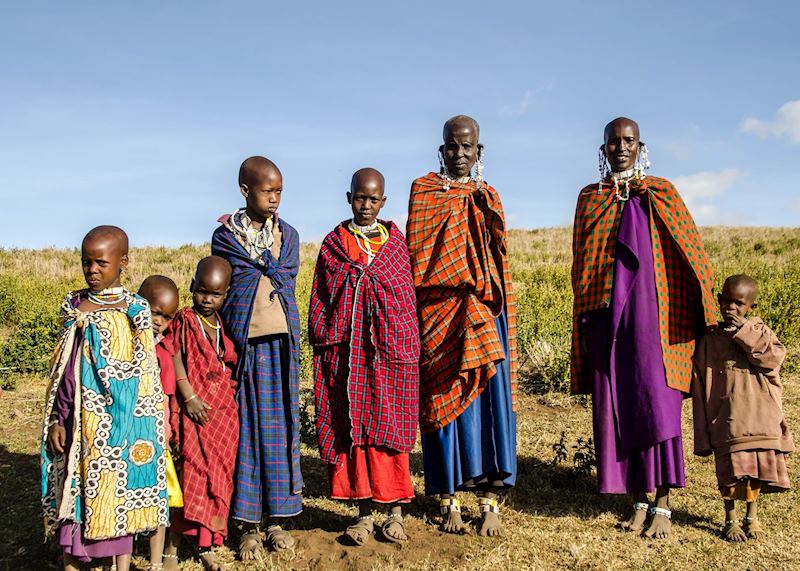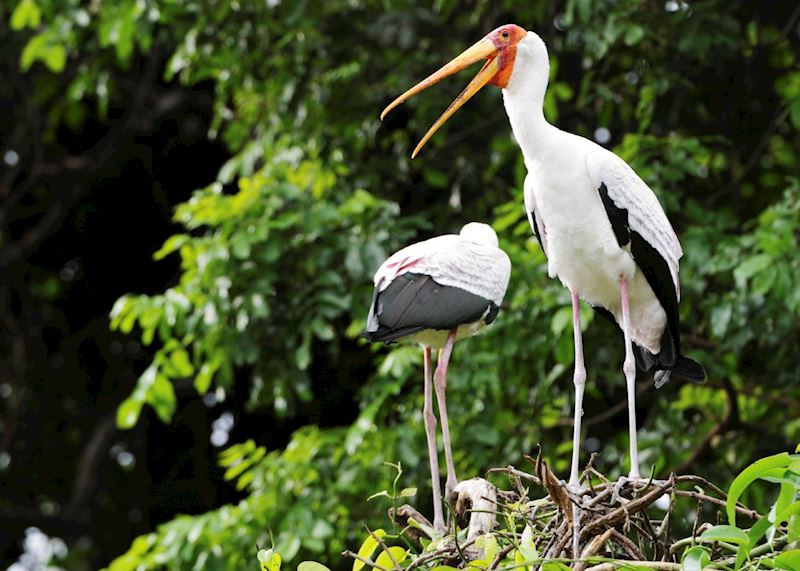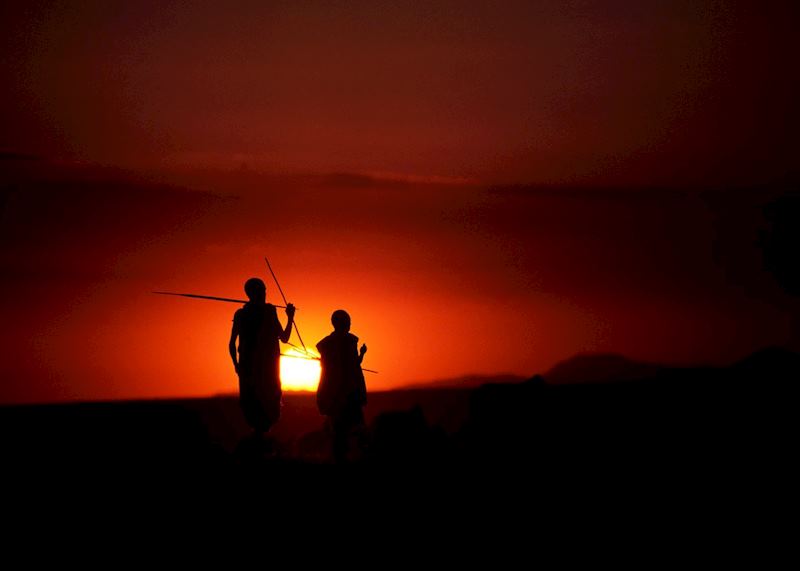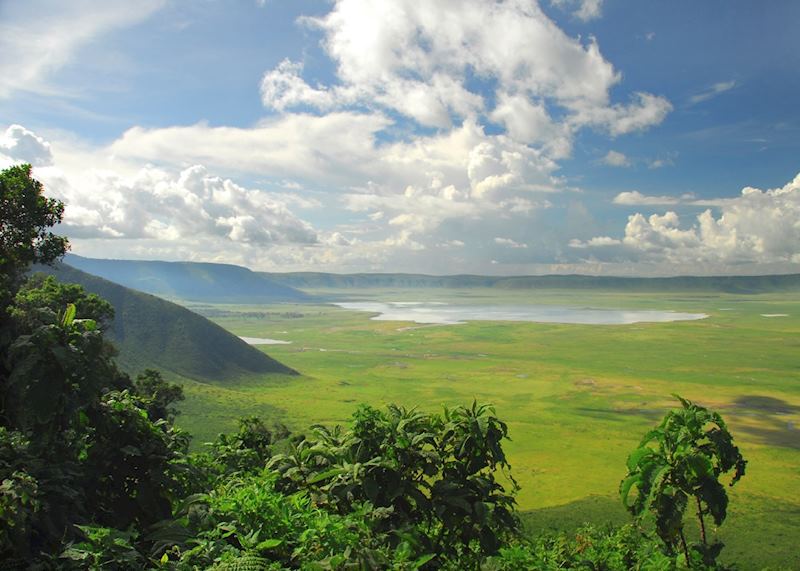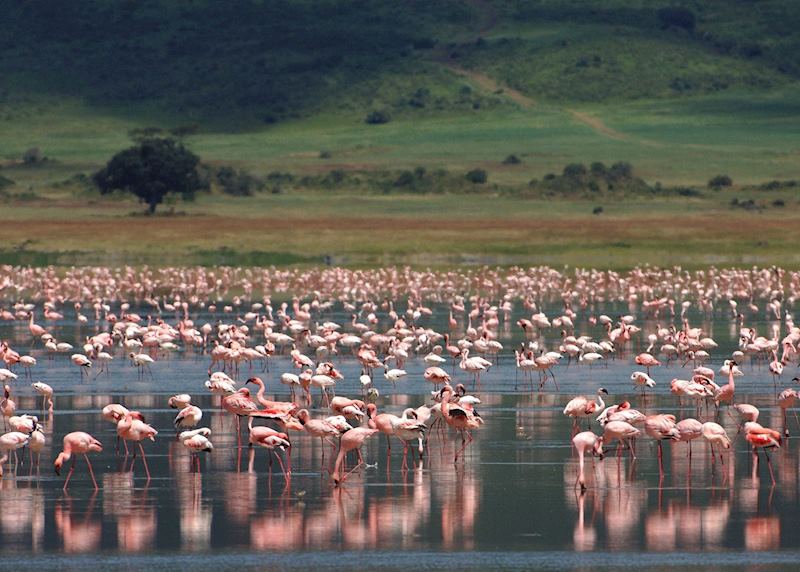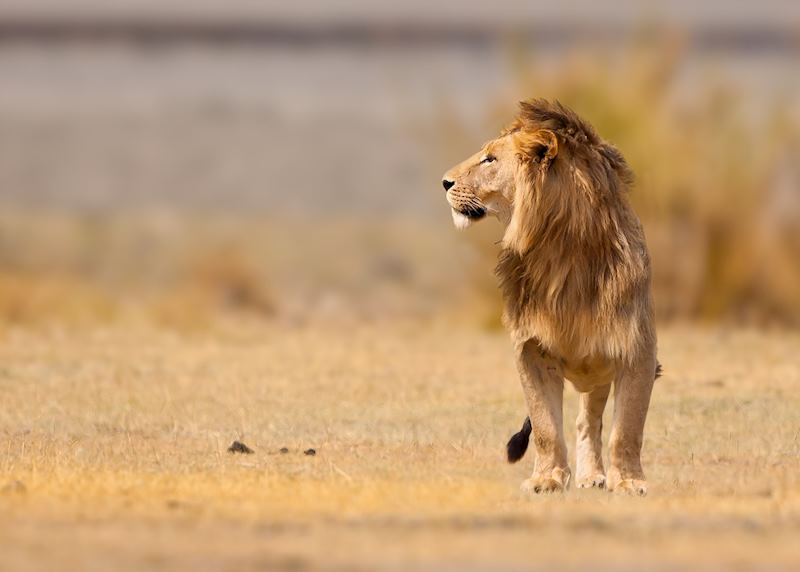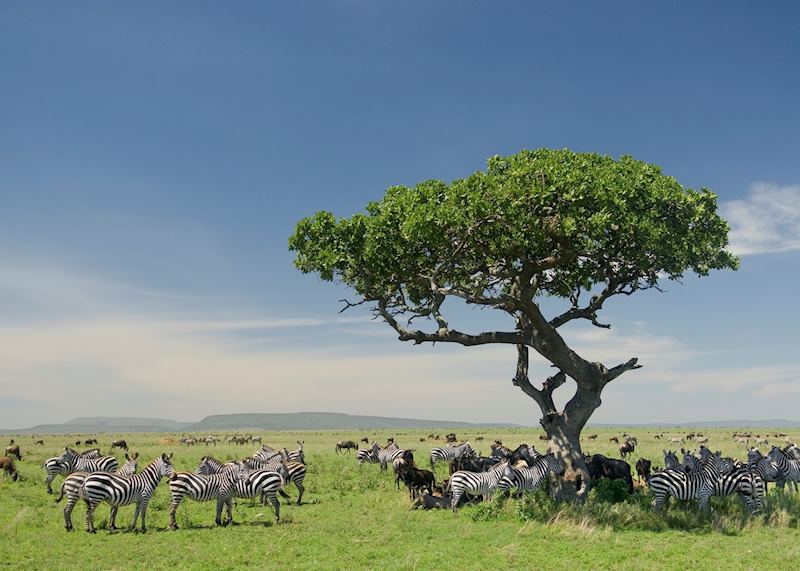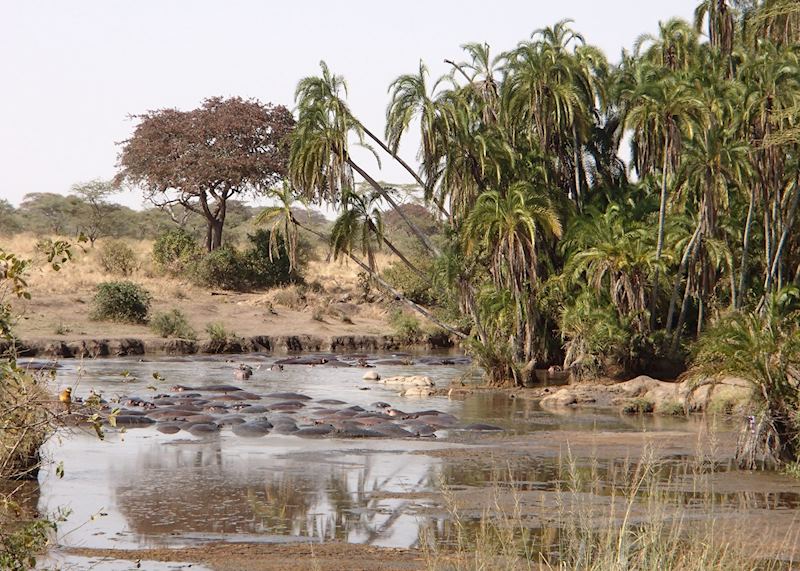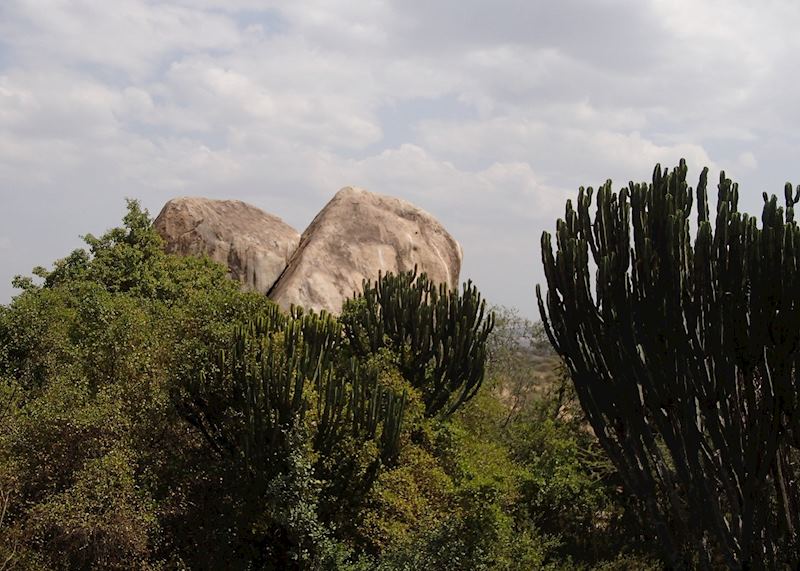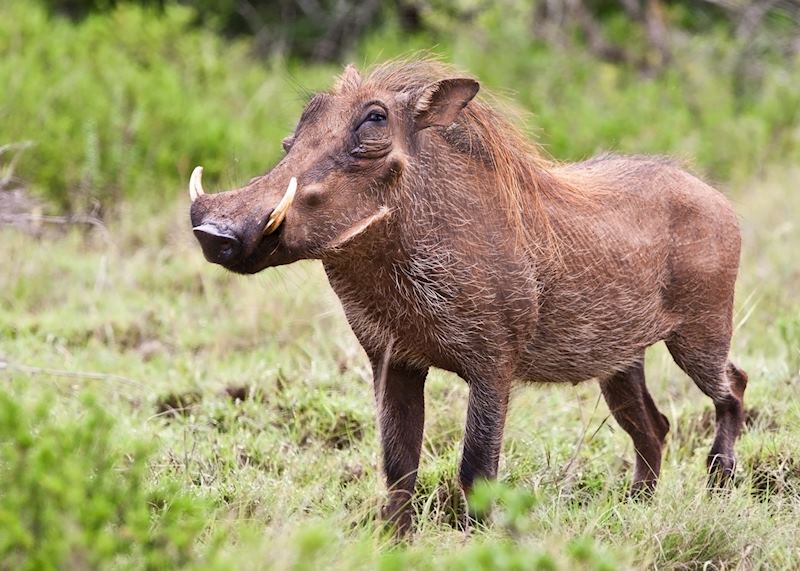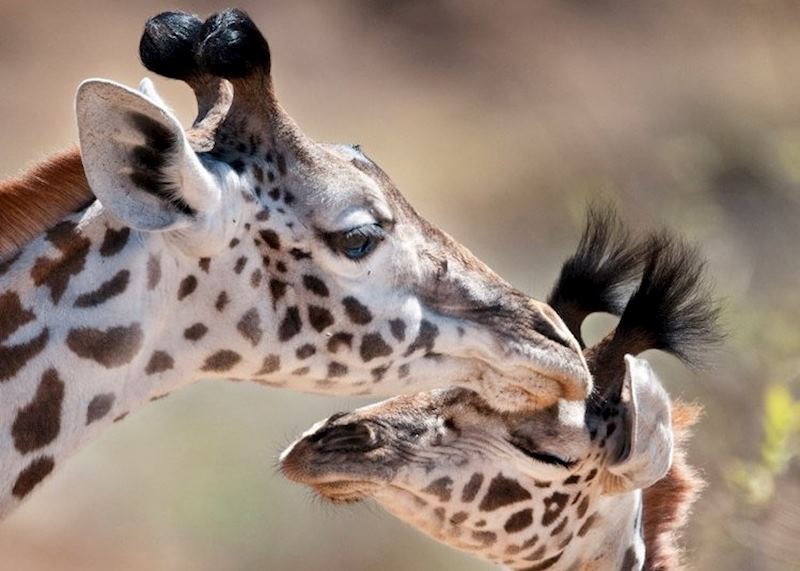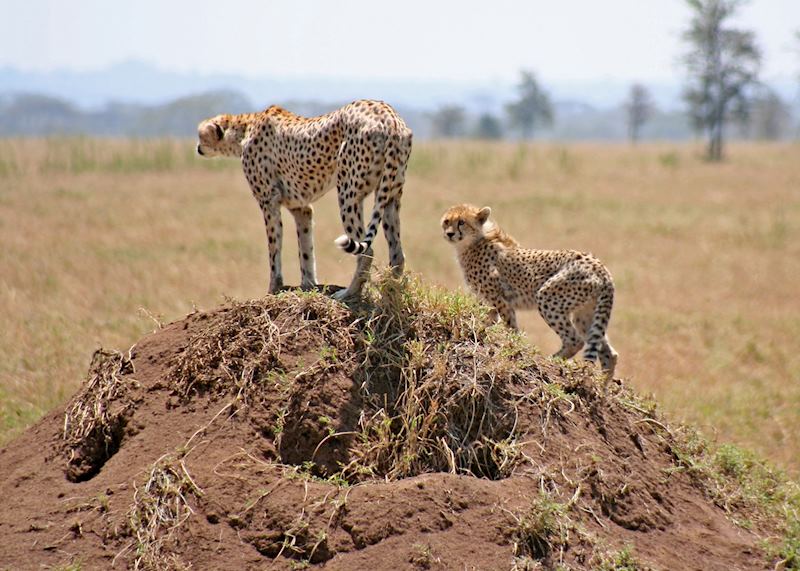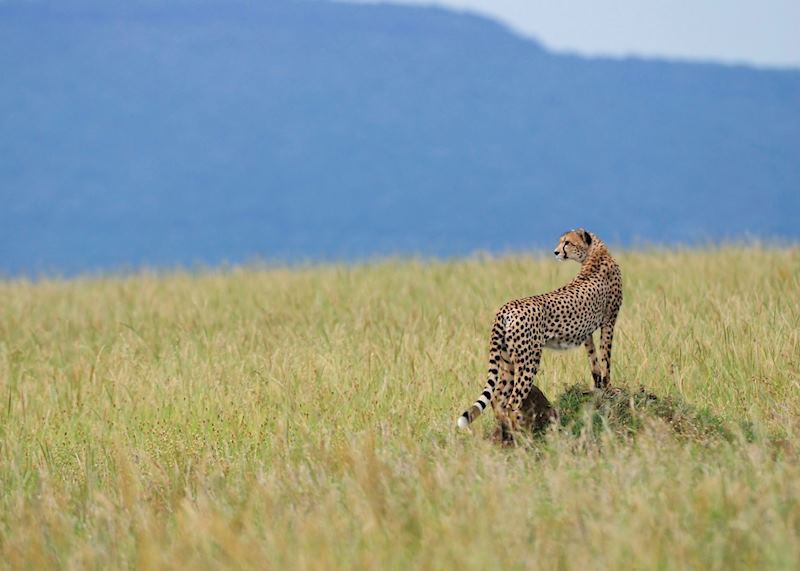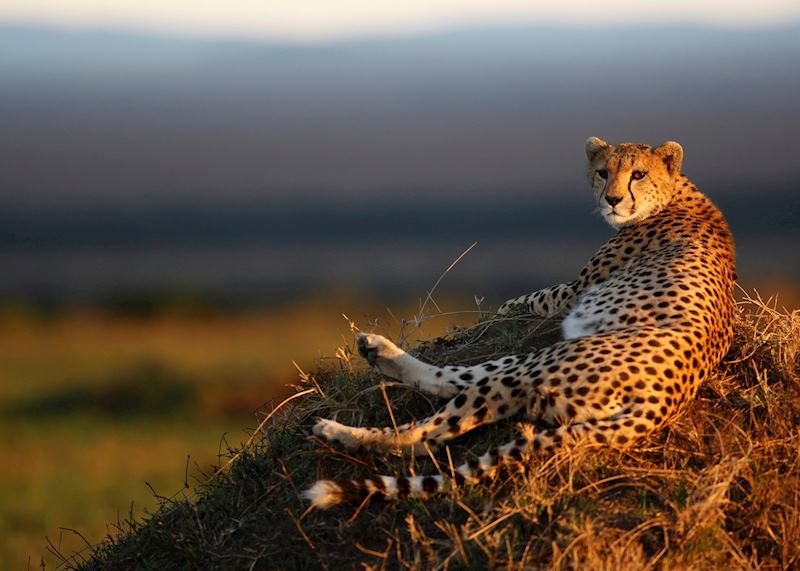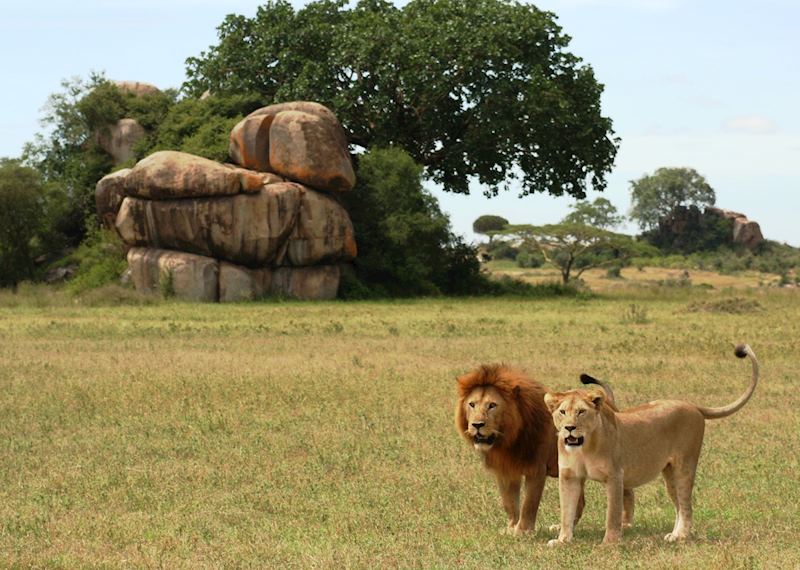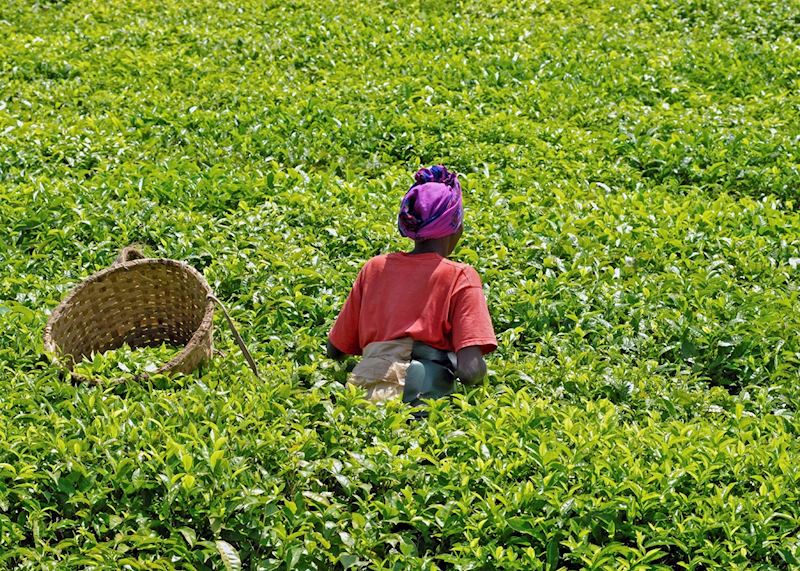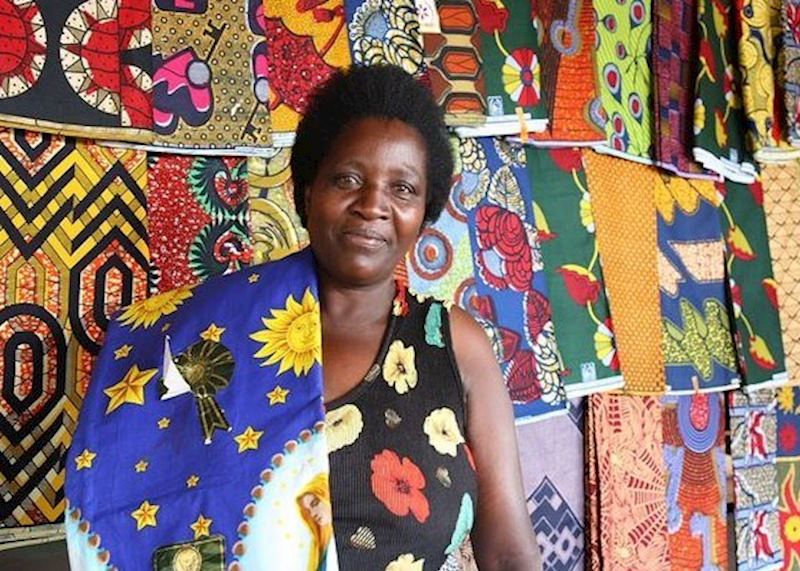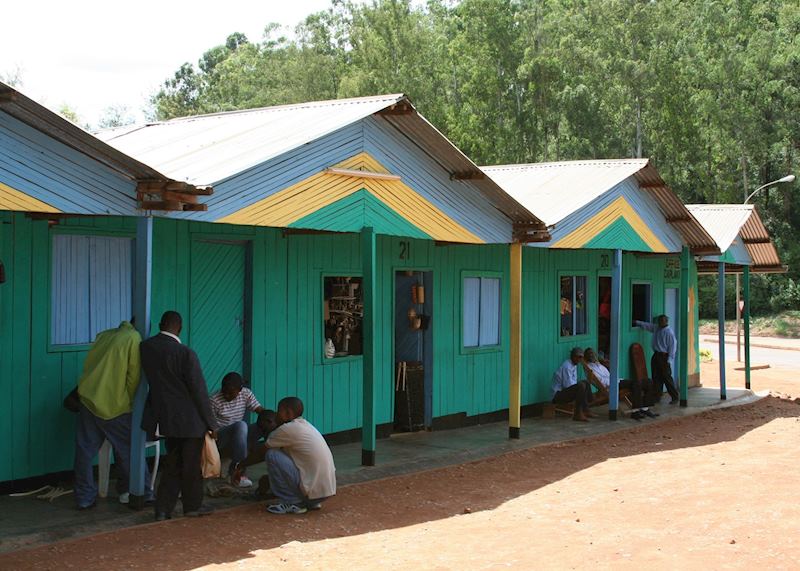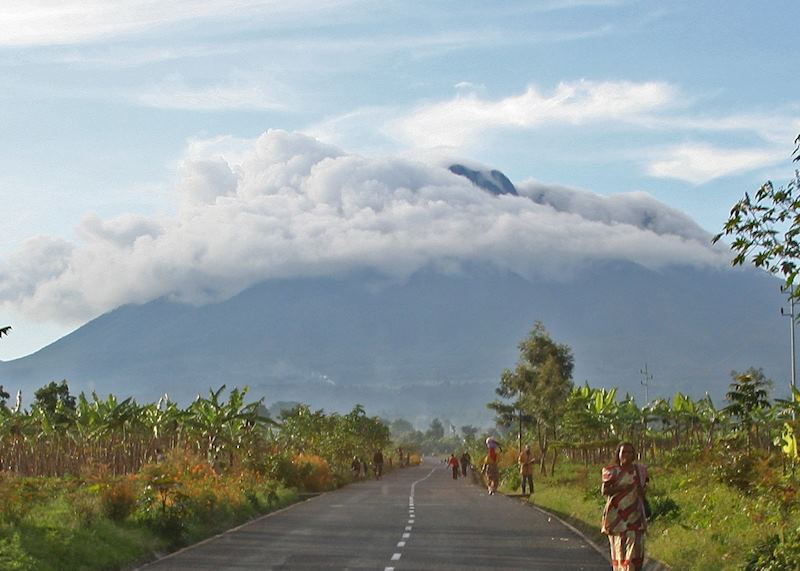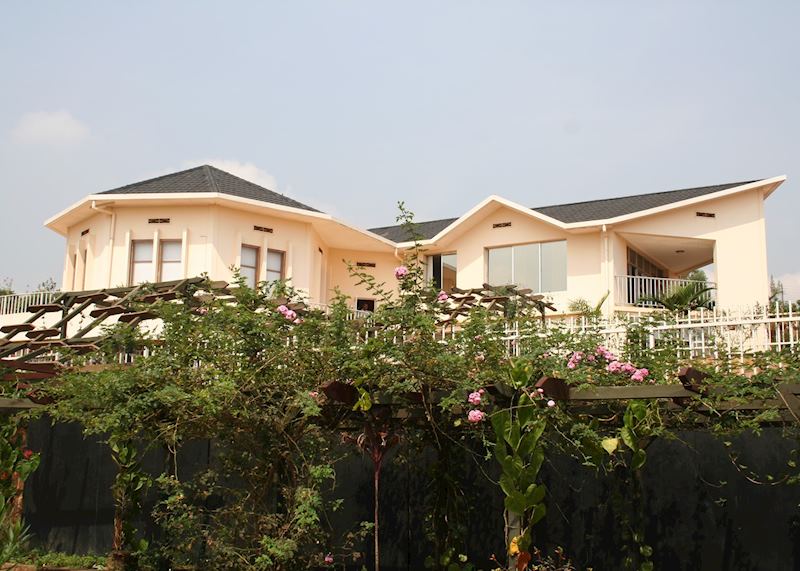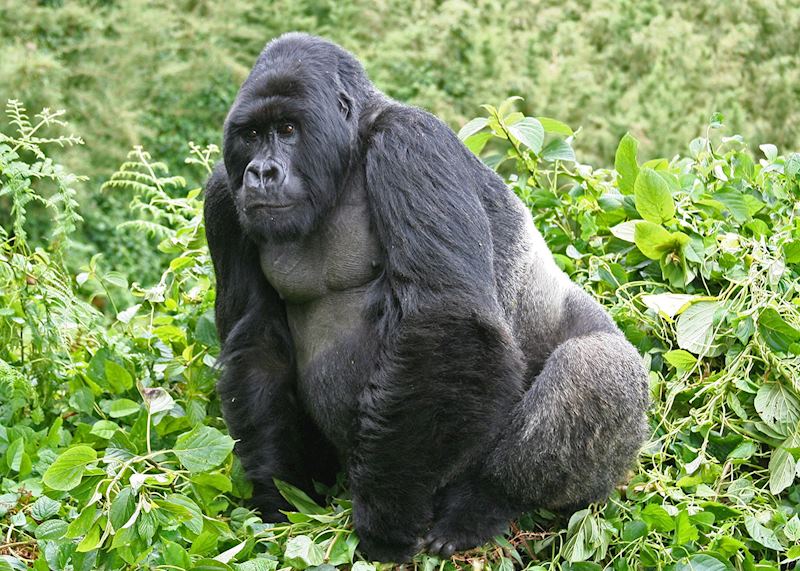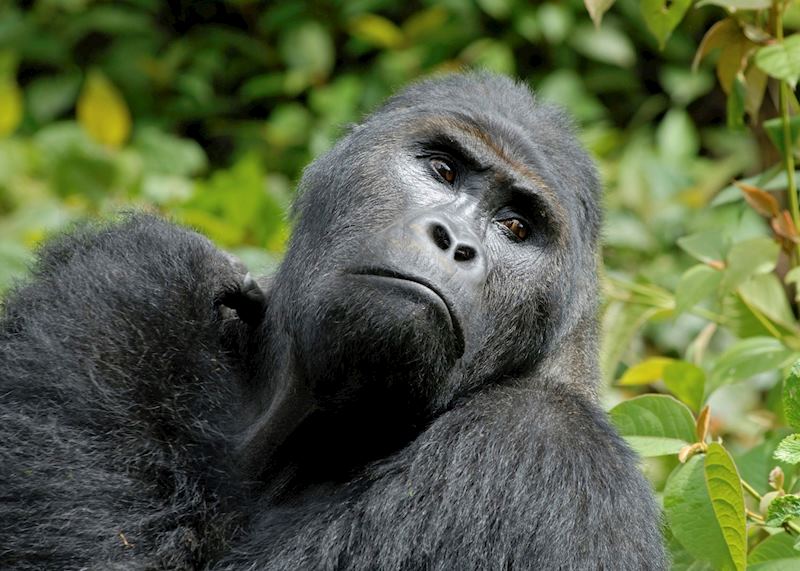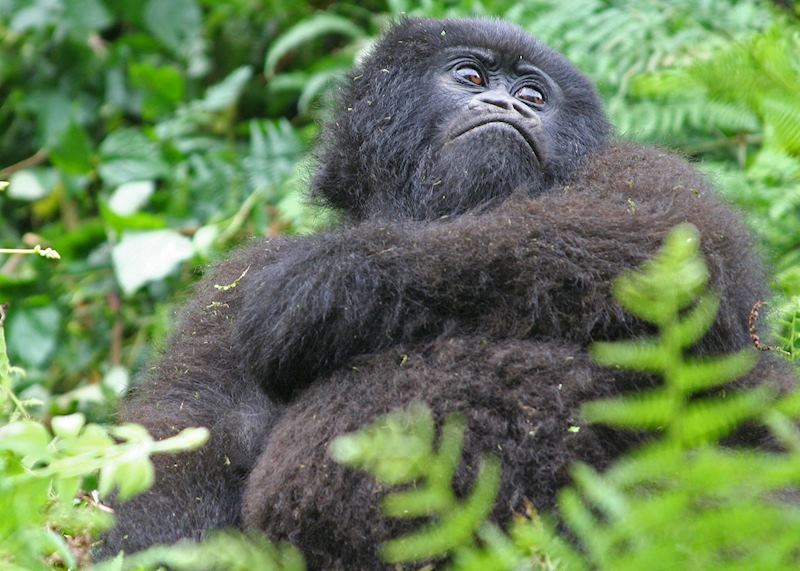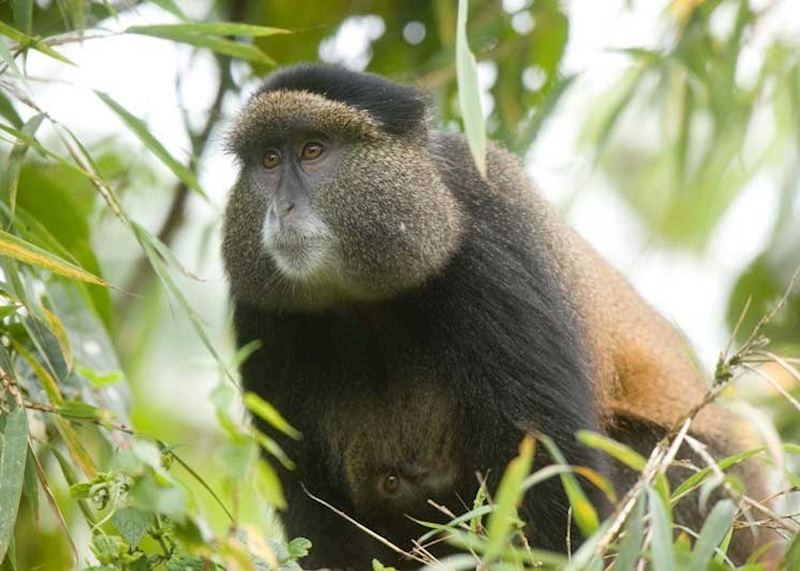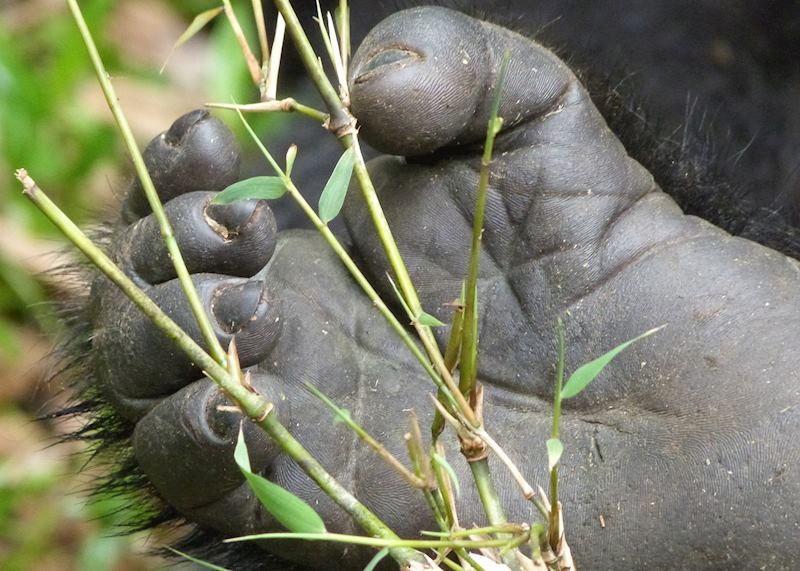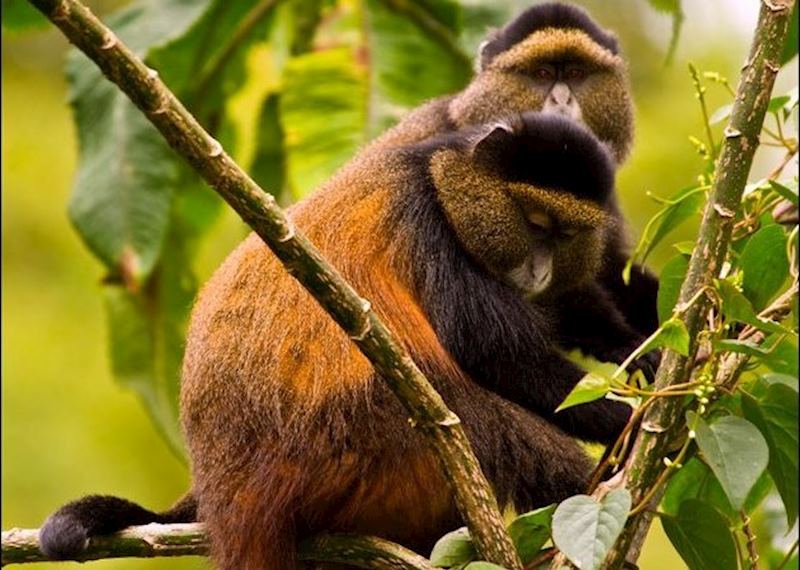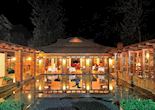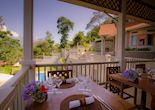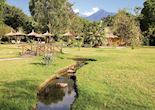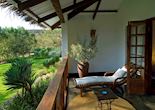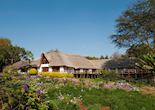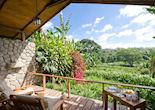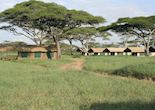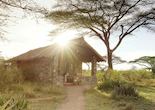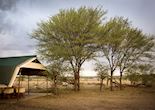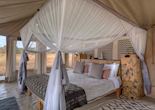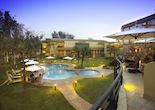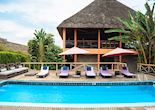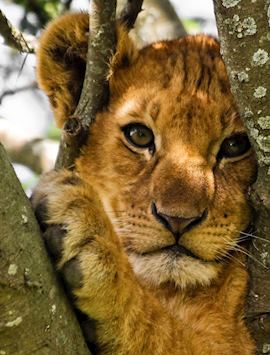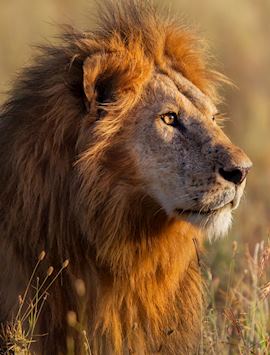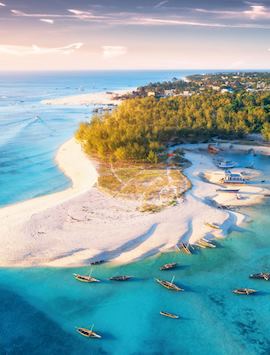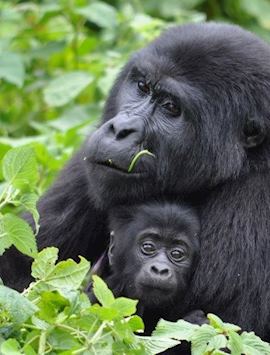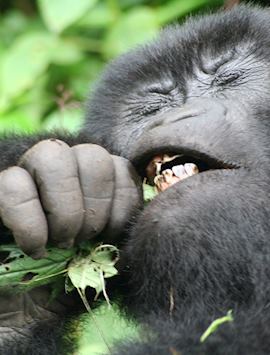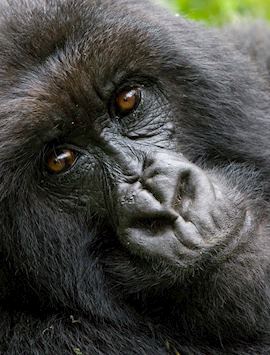
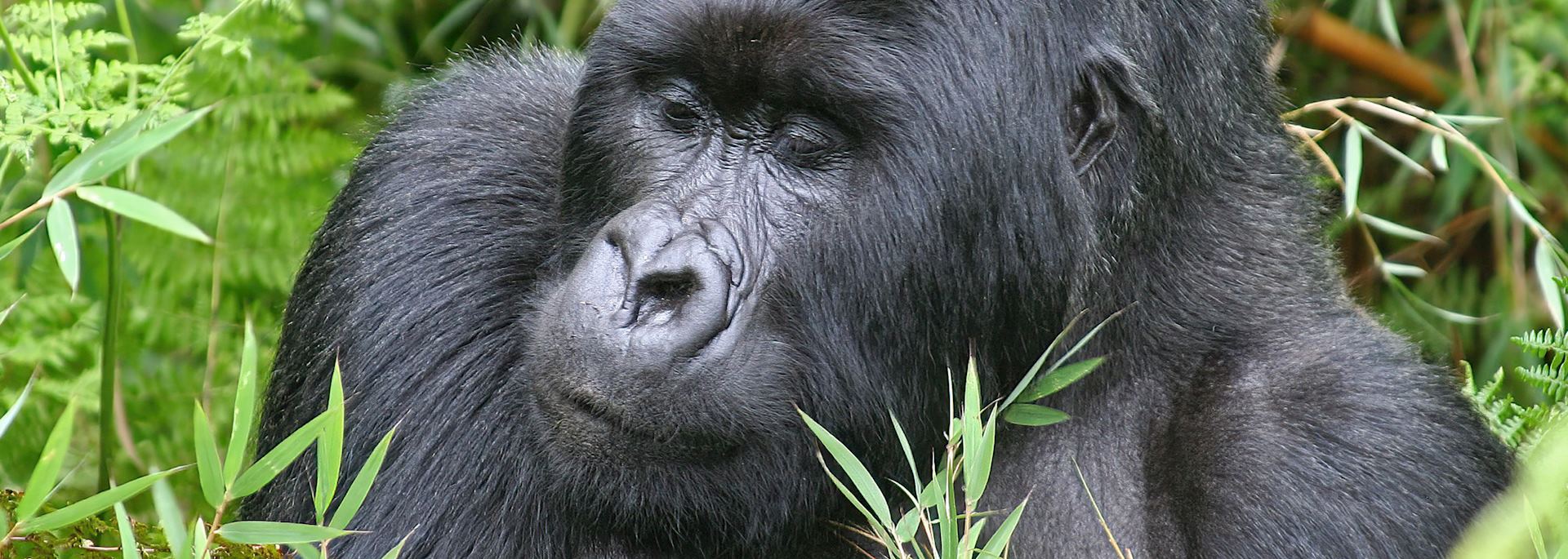
Gorillas, the Great Migration & the Big Five
12 days from £9,065±è±è
- Jump to:
- Itinerary
- Reviews
- When to go
Tour highlights
Experience the wonder of the open plains of the Serengeti.
Track silverback mountain gorillas in Rwanda's Volcanoes National Park.
Search for the rare tree-climbing lions in Lake Manyara National Park.
Encounter the golden monkeys in their natural habitats.
Price includes:
- Scheduled international flights
- In-destination transfers
- Activities and excursions as detailed
- All accommodation
- 24-hour support while you travel
Itinerary idea
Includes international flights from a choice of UK airports, including London, Birmingham, Manchester, Newcastle, Edinburgh and Glasgow.
-
Today you begin your journey by boarding your international outbound flight to Arusha.
-
Your international flight will arrive at Kilimanjaro International Airport. The gateway to northern Tanzania is home to Africa’s tallest mountain, Kilimanjaro. After clearing immigration and collecting your luggage, you’ll be met by your driver, who will be waiting for you at arrivals. You'll be driven to your accommodation in Arusha, a journey of about an hour and a half. After a long plane ride, you may want to take things easy today, but if you prefer to immerse yourself, we can arrange a visit to the nearest coffee plantations or Arusha National Park.
-
You'll have a private guide and vehicle throughout your safari in Tanzania, and after an early breakfast this morning, you’ll meet your guide. You will set off toward Lake Manyara National Park, the route taking you through small farming villages, including Mto wa Mbu, where you’ll take a break from your vehicle to explore with a local guide on foot or in a tuk-tuk (a small, open-air taxi). Spending time here will show you what a typical Tanzanian town is like. Lake Manyara National Park is one of Tanzania’s most dramatically located wildlife areas, consisting of a shallow soda lake at the foot of the Great Rift Valley’s western escarpment. You’ll make your way through dense mahogany forest before coming out to find the lake dotted with hippos and other species — Lake Manyara is an excellent birdwatching destination. Other wildlife here includes buffalo, zebras, giraffes, elephants and wildebeest. If you’re lucky, you may see a leopard lounging in the branches of a tree or one of Manyara’s tree-climbing lions. After your drive and a picnic lunch, you’ll drive up the escarpment to the Ngorongoro Highlands and the town of Karatu.
-
It will be an early start this morning as the best time to experience the Ngorongoro Crater is early in the day. Your guide will take you up the winding roads to the rim of the crater, where you’ll gain your first views of this incredible natural wonder. The Ngorongoro Crater was formed when a large volcano exploded and collapsed on itself two million years ago. Today, the crater is the largest intact caldera in the world and shelters a healthy wildlife haven. You'll descend from the windy, often cloudy highlands to the crater floor, home to lions, zebras, wildebeests, buffalo, hyenas and even the endangered black rhinos. You can spend up to six hours in the crater before you head back to Karatu.
-
The drive from Karatu to the Serengeti will take you through Maasai settlements with wandering herds of cattle and round houses in the distance, and once you’ve crossed into the park you’ll be on safari. The Serengeti is known for its endless grassy plains broken up only by rocky kopjes and the Gol Mountains in the distance, but the park also consists of a variety of landscapes, from acacia forests and rivers to soda lakes and granite mountains. Home to a healthy population of big cats, the Serengeti may give you wonderful sightings of lions lounging on the kopjes, leopards in the branches escaping the heat and cheetahs surveying the plains from the top of termite mounds. The Serengeti also hosts over 500 bird species, including a variety of bustards, bright lilac-breasted rollers and shimmering starlings.
-
The park is famous for the Great Migration, the annual journey of two million wildebeest and zebras from the plains of the Serengeti to the grasslands of the Masai Mara in Kenya. Instinct drives the herds from their birthing grounds to find fertile lands in the Mara to feed. The migration can be seen every month of the year, starting with the calving season in the southern Serengeti from January to March. After giving birth, the herds move north through the Serengeti, eventually arriving at the banks of the Mara River, swollen by the floods of the rains and teeming with crocodiles. The herds must cross to find fresh grazing and plunge into the river by the thousands. Those that survive the crossing must stay alert enough to avoid the big cats lurking on the far side. At some point, the grasses will be exhausted and as birth time once again approaches, the herds will wander back south. If you would like to see the migration, you need to plan your safari to be in the right places at the right times.
-
The migration is an awe-inspiring spectacle and worth seeing at least once in your lifetime, but it is worth bearing in mind that away from the pursuit of the migratory herds are quiet, remote areas home to resident wildlife, including predators that are lean and mean. Travelling to different areas of the park or at different times of year than correspond with the migration will give you the best value and exclusivity. Whatever the time of year, having your own private vehicle gives you the flexibility to choose when you go out and for how long. You may wish to head out for the full day to explore other areas farther away from your camp, or you may like to return to camp for lunch to avoid the heat of the day.
-
You have time for one last drive this morning on your way to the airstrip, where you’ll depart from the Serengeti via light aircraft, giving you a bird’s eye view of the land that you’ve been exploring over the past few days. After a few hours and more than likely a few stops to pick up passengers, you’ll arrive in the capital and largest city of Rwanda, Kigali. Rolling green hills, sparkling clean streets (every month the entire country, including the president, participates in a mandatory cleanup called Umuganda), an energetic young art scene and some of the best coffee and dining in East Africa characterise this burgeoning and welcoming city. When you arrive at the airport, you’ll be met by your driver who will transfer you to your hotel in the city.
-
There is no shying away from Rwanda’s history, a genocide that took more than a million lives in 1994, and to embrace the Rwanda of today, you must understand its complicated past. This morning will start with a city tour and a visit to the Kigali Genocide Memorial Museum to give insight into times gone by and how the country is moving forward today. Then you’re off across the ‘Land of a Thousand Hills’ to Ruhengeri (also known as Musanze), the gateway to Volcanoes National Park, part of the Virunga Mountains and one of the last habitats of the critically endangered mountain gorillas. You’ll be driven to your lodge nestled among the hills and the rest of the day can be spent relaxing and enjoying the views of the Virunga Volcanoes.
-
There are less than 1,000 mountain gorillas left, and tracking a gorilla family on foot to share time with them in the misty rainforest is a moving encounter that surpasses any other wildlife experience we know. Nothing prepares you for their soulful, humanoid eyes and expressions, their sheer size or their gentle disposition. You’ll set off early this morning for a safety and etiquette briefing at the park headquarters before being divided into groups and setting off into the forest. Volcanoes National Park is at an altitude of over 2,500 m (8,202 ft), so although the pace is unhurried and there will be time for breaks if needed, the trek is tiring and can be steep in parts. It’s helpful to have a general level of fitness. You’ll have an hour to spend with these creatures that share 98% of our DNA before trekking back to the trailhead, where you’ll be transported to your lodge.
-
After an early breakfast, you’ll be picked up and taken to Volcanoes National Park headquarters, where you’ll have a short safety briefing before setting off into the forest once again, this time to track golden monkeys. Golden monkeys live in the bamboo vegetation toward the base of the mountains and are naturally very shy. Like with the mountain gorillas, habituation has helped the golden monkeys accept their daily visit by researchers and others, and they are both endangered and endemic to the area. Gorilla and golden monkey permits play an important role in the preservation of these species — the gorilla permits, for example, pay for 24-hour guards to protect each gorilla family. After your morning with the golden monkeys, you’ll return to your lodge for lunch before winding your way back to Kigali for your evening departure flight.
-
Arrive home today to complete your journey.
Accommodation
- Arusha
- Lake Manyara National Park
- Karatu
- Ngorongoro Conservation Area
- Karatu
- Ngorongoro Conservation Area
- Serengeti National Park
- Kigali
- Ruhengeri
- Volcanoes National Park
- Ruhengeri
What our clients say about us
The specialist who designs your trip to Tanzania will have explored the country many times and, in some cases, lived there. Their first-hand knowledge gives us the belief that no other travel company can match our expertise in helping you plan your trip.

When to go
| Jan | Feb | Mar | Apr | May | Jun | Jul | Aug | Sep | Oct | Nov | Dec |
|---|---|---|---|---|---|---|---|---|---|---|---|
| Place | Daily max temperature (°C) | Monthly rainfall (mm) |
|---|---|---|
| Arusha | ||
| Lake Manyara National Park | ||
| Karatu | ||
| Ngorongoro Crater | ||
| Serengeti National Park | ||
| Kigali | ||
| Ruhengeri | ||
| Volcanoes National Park |
